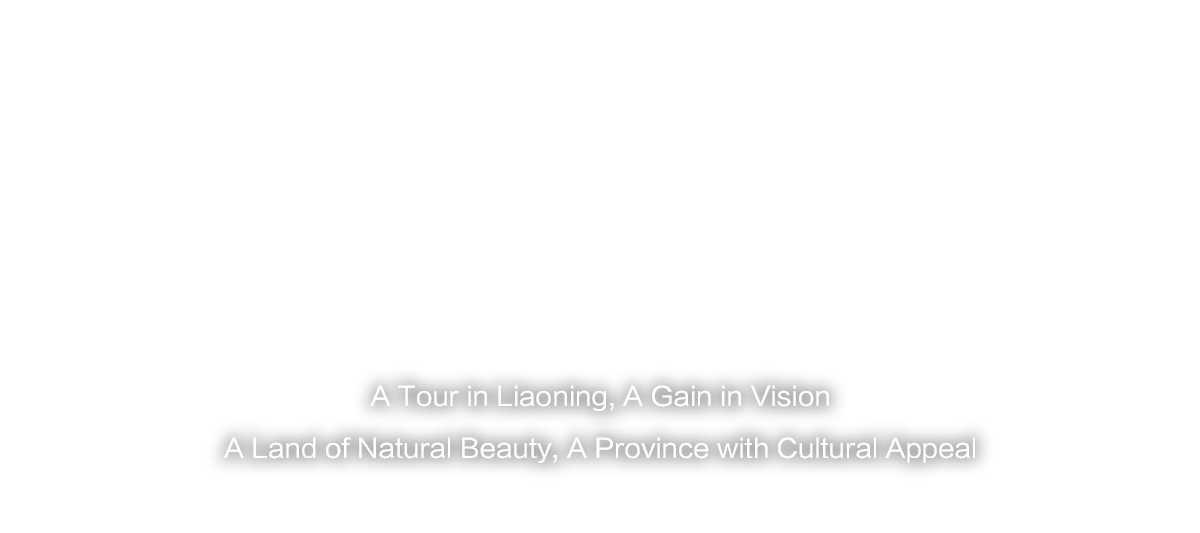In an ancient book reading room, quaint wooden bookshelves are arranged neatly, yellowed thread-bound ancient books are placed orderly, and the air is filled with a faint scent of ink. Maneelungka Nawaporn, a Thai international student, is delving into Yellow Emperor’s Inner Canon as if dialoguing with ancient Chinese doctors through time and space.
Nawaporn had a vague impression of traditional Chinese medicine (TCM) in childhood, but it was in high school the curing of her dizziness by a TCM doctor using acupuncture that made her realize the magic of TCM. “I was by then quite curious about how diseases can be cured without medicine, and how a small needle can contain such magical power.” Because of this curiosity, Nawaporn chose the TCM major when attending university in Thailand, and determined to learn TCM well to help more people.
“Chinese scientist Tu Youyou was inspired by ancient Chinese medicine books when extracting artemisinin, and pioneered a new approach to malaria treatment, making great contributions to human health.” Nawaporn knows deeply that the ancient books, containing wisdom and experience of TCM lasting thousands of years, are a valuable treasure for exploring TCM culture.
“To understand ancient Chinese medicine books, my first difficulty was the language, so I started from scratch and worked hard to learn Chinese.” Nawaporn recalled. In her fourth year of university, Nawaporn finally got the long-expected opportunity to study at Liaoning University of Traditional Chinese Medicine. “Studying in Liaoning, I mustered up the courage to communicate and interact with teachers and classmates in a real language environment, so my Chinese has improved quickly during this period.”
Currently, Nawaporn is studying for a master’s degree in the clinical specialty of integrated Chinese and Western medicine at Liaoning University of Traditional Chinese Medicine. During her five-year TCM study in Liaoning, she dived into ancient Chinese medicine books and understood the basic TCM theories and thinking methods from them. “The first ancient book I read was Yellow Emperor’s Inner Canon. It was presented in Q & A dialogues, which is both interesting and profound, and gave me a more intuitive understanding of TCM theories.” Nawaporn said.
“Although I couldn’t comprehend some ancient Chinese prose at first, I slowly understood them by communicating with teachers and looking up information online. I can now recite some paragraphs fluently.” Today, ancient Chinese medicine book digitization has brought more convenience to Nawaporn’s study. She exclaimed, “China’s digitization provides us with wide access to ancient books, and promotes the international exchange of TCM culture, which is excellent!”
In studying ancient books, Nawaporn learned a lot of basic theories of TCM, such as yin and yang and five elements, viscera and meridians, qi, blood and body fluids, which underpin subsequent clinical diagnosis and treatment. “Traditional Chinese medicine is a profound knowledge that cannot be fully learned in a lifetime. I will learn the real skills of TCM in my continuous further studies, and hope to become a messenger for TCM exchange in the future to let more people understand traditional Chinese medicine.” Nawaporn said.

